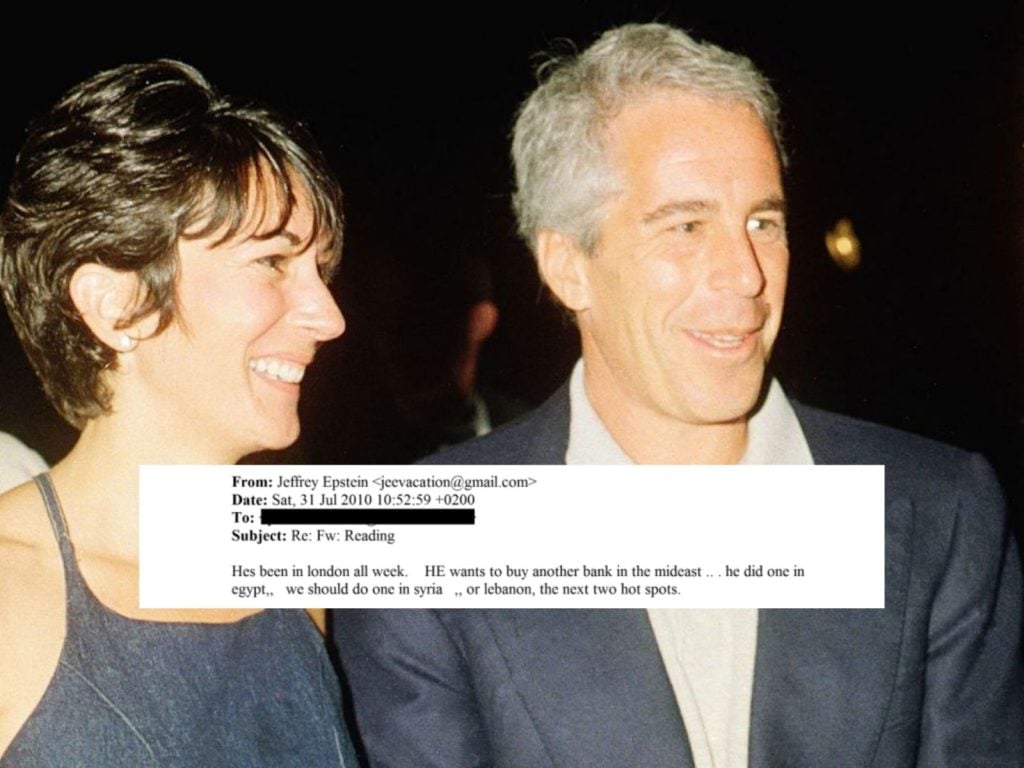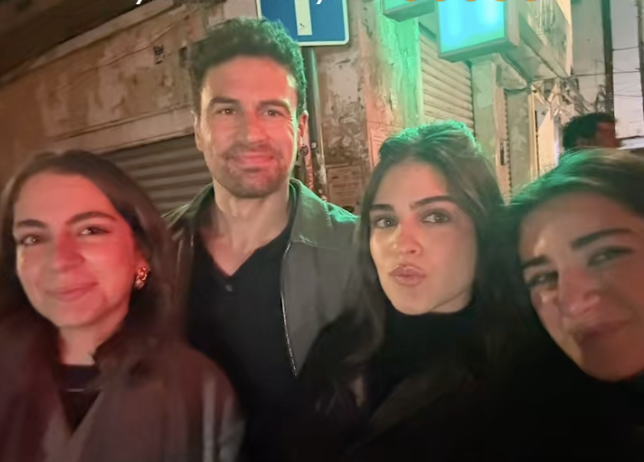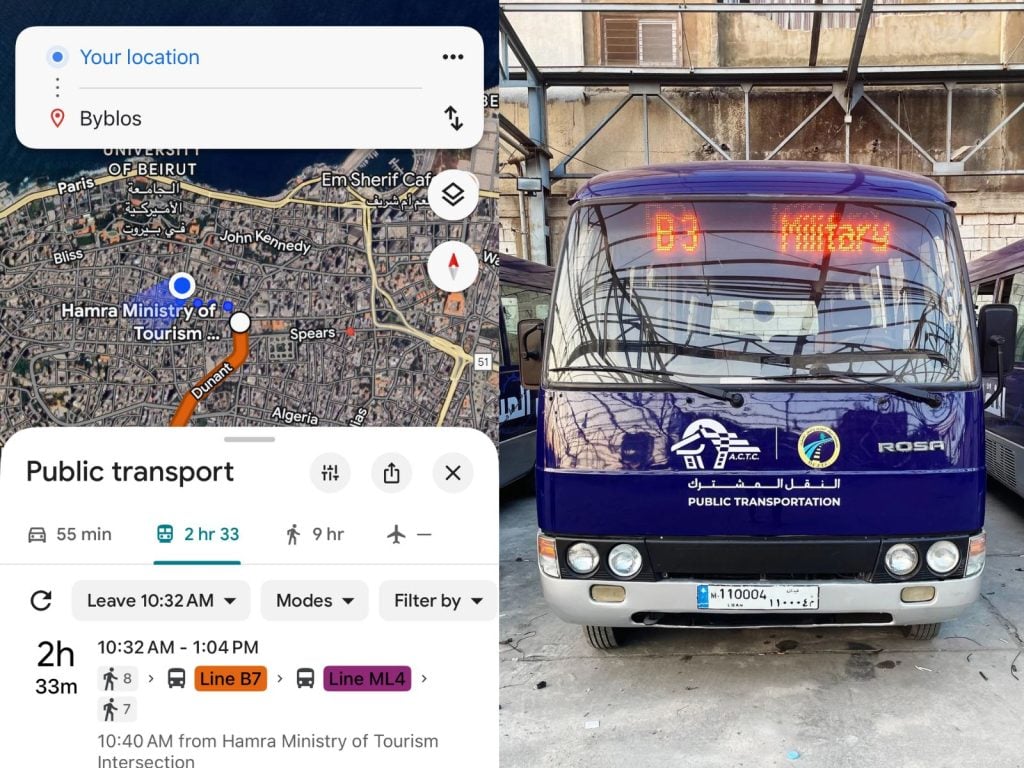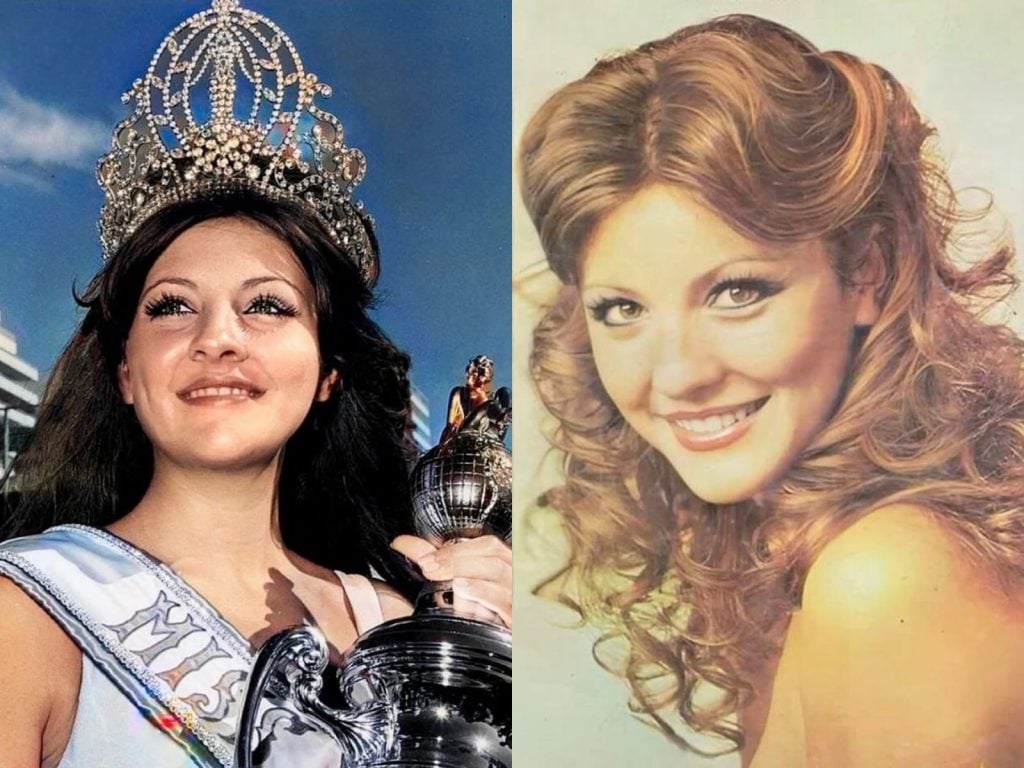Write On: Three Ways You Can Dive Into Beirut’s Literary Scene
Lebanon is full of story-tellers, and whether they strive to craft screenplays or recite poetry, Beirut’s thriving writing scene offers them a chance to showcase their talent.
Below, we take a look at three different groups offering creative outlets for aspiring Lebanese writers. Take a look.
1. Rusted Radishes
The brainchild of English instructors Rima Rantisi and Crystal Hoffman, the local literary and art journal Rusted Radishes accepts written pieces from “anyone with a tangible connection to Lebanon,” says Rantisi. Its recently-published third installment, Nostalgia/Progress, features poetry, prose, playwriting and interview pieces, all of which were painstakingly selected from over 350 submissions by writers both in Lebanon and abroad.
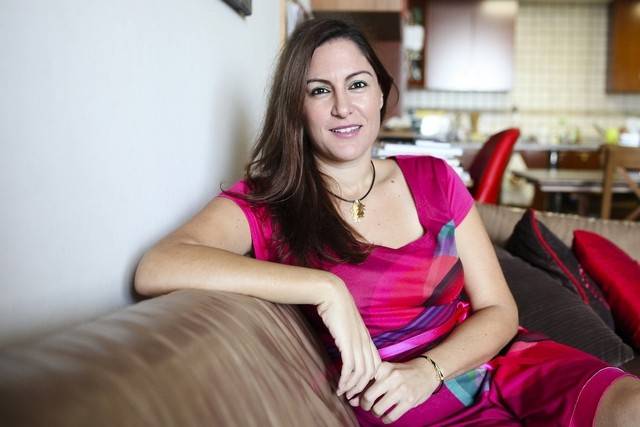
(Image via Facebook)
Alternatively, one may glimpse a first-hand view of Lebanese literary talent by joining Rusted Radishes’ editorial team. Nadeem Bilani, the journal’s drama editor, was enthralled by the diversity of the writer’s academic backgrounds and how they affected their pieces. “It prompted me to take another look at my knowledge base as a biology student and how I could incorporate that into my own writing to make it unique,” he says.
Submissions for its fourth issue are currently being accepted until March 15, with submission guidelines available on their website.
Those interested in applying for an editorial position in the team can send a CV and a short letter of interest to submit@rustedradishes.com. Nostalgia/Progress is available at The Little Bookshop, Dar Bistro Bookshop, Antz, Café Younes (Hamra), Urbanista (Gemmayzeh), Art on 56th, PaperCup, Tawlet, and Beirut Art Center.
2. FADE IN:
Local business FADE IN: serves as an oasis for writers who want to set aside time exclusively for creativity. It’s one of the few places in Lebanon “that has consistent, affordable classes in screenwriting,” according to founder Nadia Tabbara. FADE IN: offers both short-term workshops in screenwriting, directing, producing and the like, and long-term sessions for screenwriting specifically. It also offers private sessions for those who want more one-on-one support for their writing.
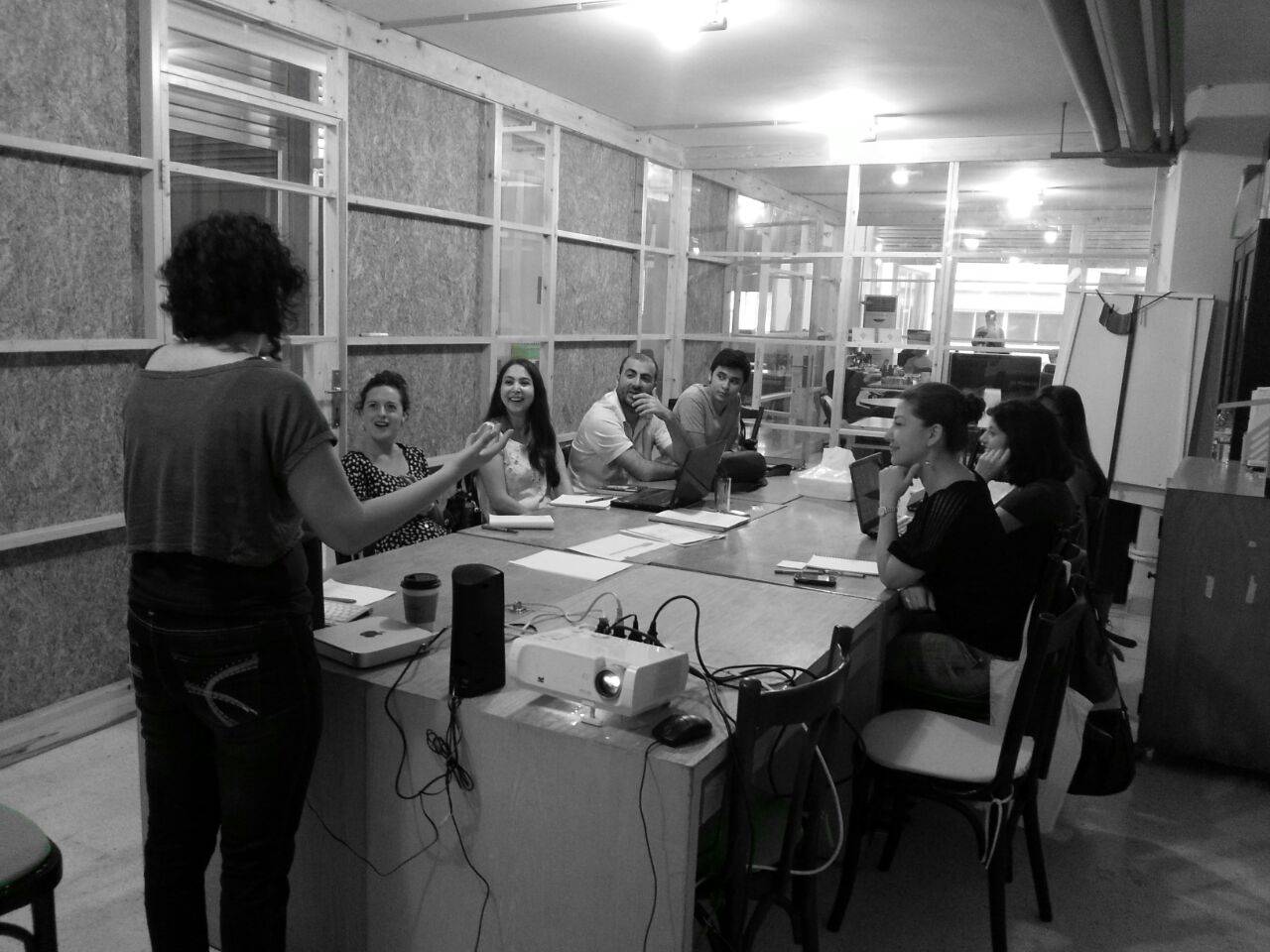
(Image via Facebook)
Notably, FADE IN: also provides its students with the opportunity to write novels and short stories. “Basically, we want a good story,” says Tabbara, “give us a good story and everything else will follow.”
FADE IN: was founded on the belief that creativity “just takes hard work, commitment and a little bit of guidance,” and so far, Tabbara’s students are embodying that belief, raising the standard of storytelling in Lebanon and impressing both Tabbara and even Lebanese film stars with the level of dedication and skill they portray.
3. 101 Poetry Nights
Those with a flair for writing and reading out their poetry will find “101 Poetry Nights” at AltCity in Hamra a perfect fit. AUB English major Ghada Seifeddine has taken to organizing these monthly spoken-word poetry events, and what started as smaller gatherings among friends grew by word-of-mouth and written and social media to over 100 attendees at the latest gathering in January 2015.
The poetry nights are usually composed of two parts: the first specific to a fixed team of five or six poets who Safieddine knows are outstanding poetry-performers, and the next an open-mic for a select number of newcomers who may either perform or simply read out their work. “They add a unique atmosphere to the event each time,” says Safieddine.
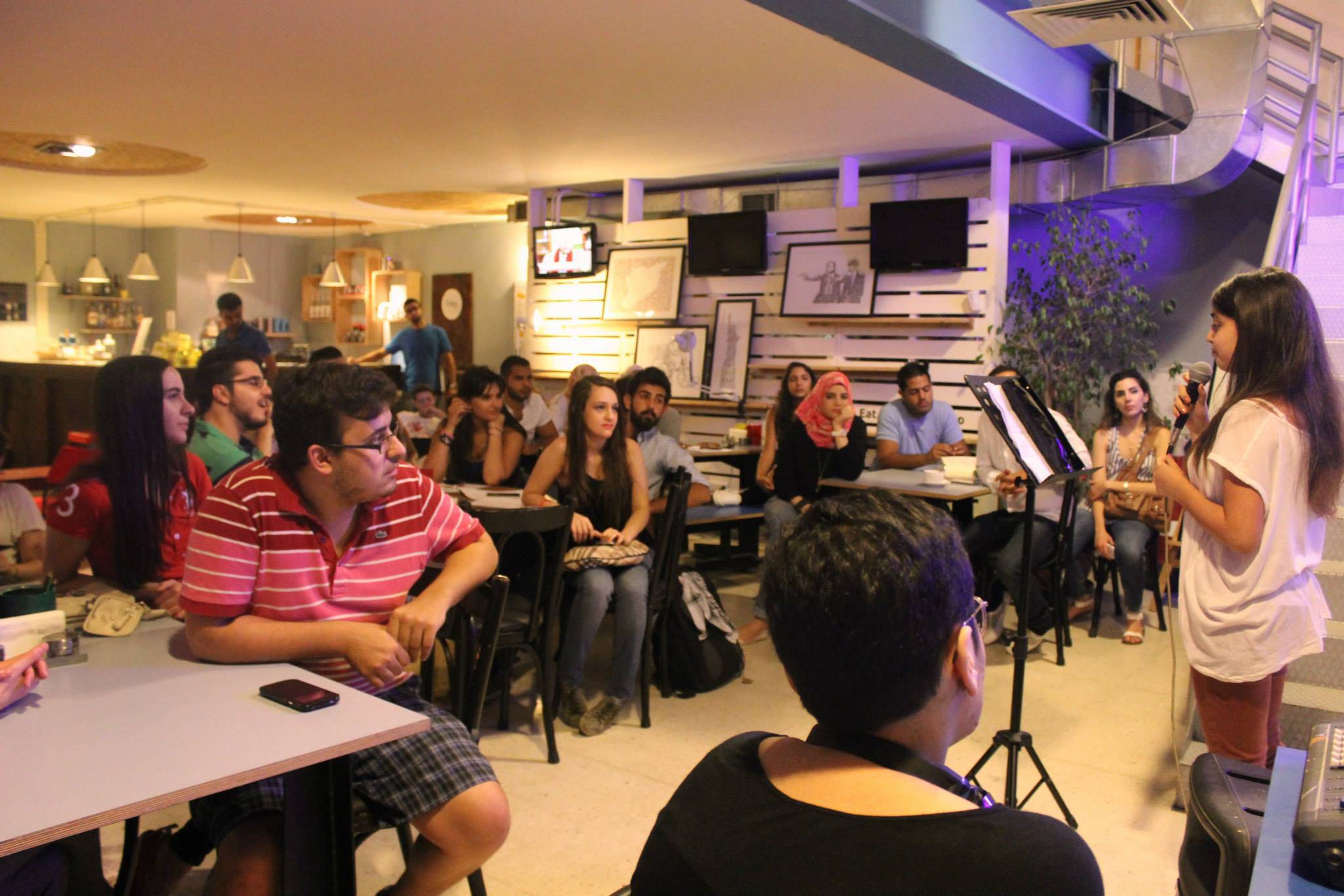
(Image via Facebook)
While writing serves as a means of liberation, self-expression, and entertainment in a country constantly bombarded by tension and political instability, it is difficult to thrive as a writer in a country that persuades students to pursue business, medicine or engineering. Time and time again we are told that writing is not a worthy profession. What may serve as a source of some motivation for writers in Lebanon is the success story of Lebanese author Zeina Hashem-Beck.
Bonus Pick: Inspiration from Zeina Hashem-Beck
Though she was persuaded to enter medicine or law as an extroverted student who excelled at math and biology, “as if only students who didn’t do well in the sciences, or were quiet, went into literature,” she found support in her parents, especially her mother, “who always knew, even before I did, that I was going to be a writer.”
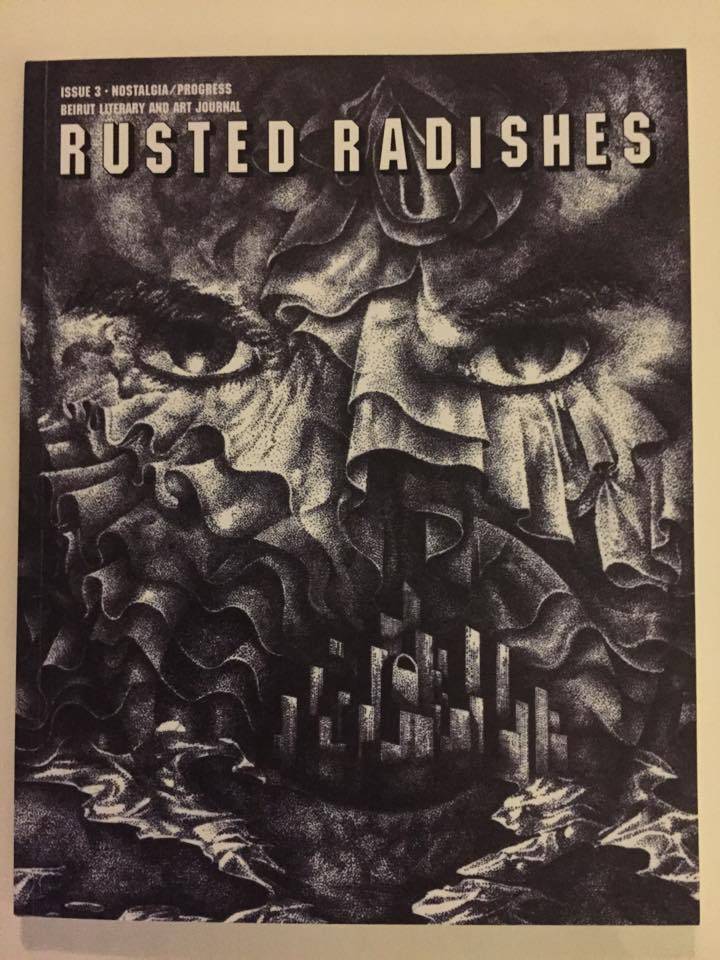
(Image via thenational.ae)
After intense research and familiarization with the submission system in the United States and learning to accept rejection as part of the writing process, Hashem-Beck published her first poetry collection, To Live in Autumn, to much praise, and was awarded the 2013 Backwaters Prize for the work. She drew on her roots as an inspiration: “Beirut just kept haunting my poetry until, after some time, I realized it should be a central theme in my first collection,” she says. She encourages all writers to keep trying despite rejections from publishers, and tells them to “read, read, read- that’s how you become a better writer. Write. Revise your work. Get together with fellow writers and try to workshop each other’s work. Trust your voice. Submit. Learn to accept rejection. And repeat.”
Hashem-Beck can be contacted via Facebook and Twitter and a few of her poems are available on her personal website. To Live in Autumn is available at Virgin Megastore.
“The world will always need those who tell stories, who witness and disturb, question and defamiliarize, break down the boundaries between Self and Other, whose words can reach and move you halfway across the world or hundreds of years later,” she says, and the writing scene in Beirut will allow Lebanon’s writers to do just that.
1
